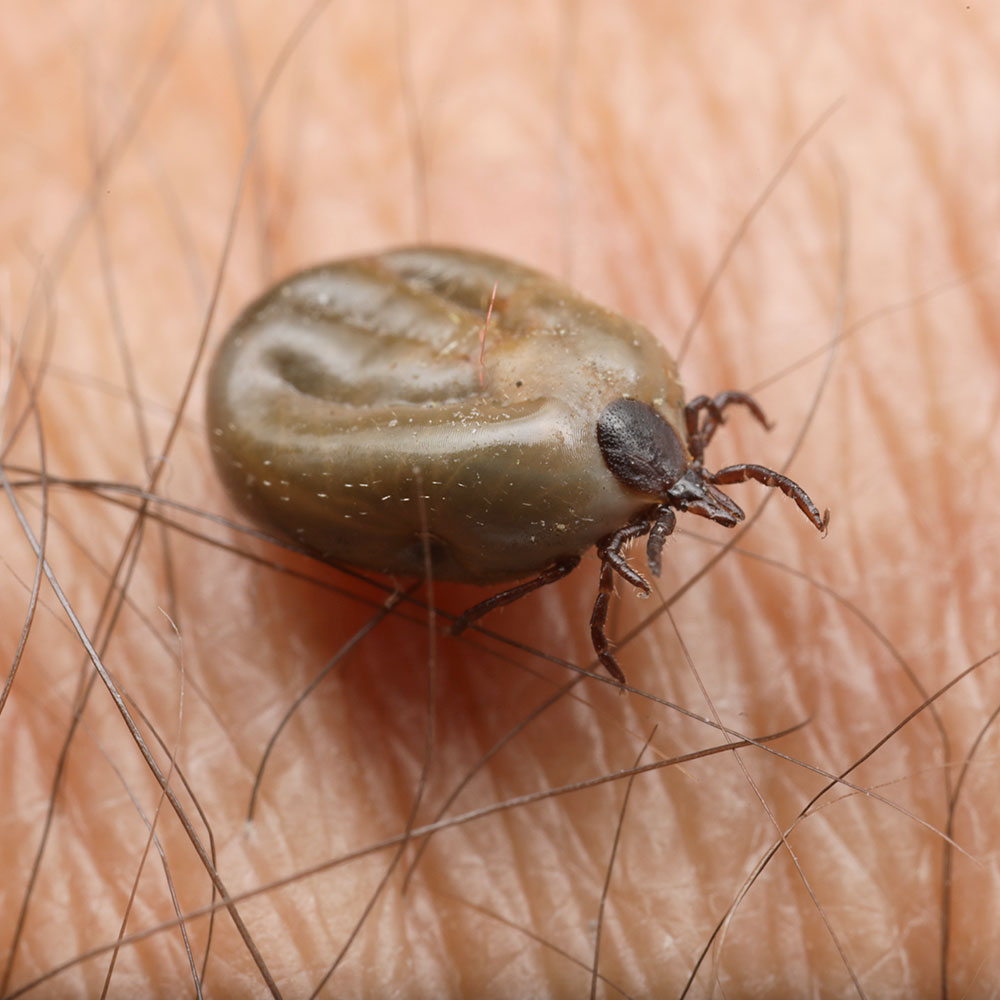
How Climate Change Is Making Mosquitos More Annoying And Dangerous
Mosquitos are one of the most hated insects in the world. They bite, they buzz, they itch, and they can transmit diseases. And as the planet warms, they are becoming more of a problem for humans.
According to a recent report by Climate Central, a non-profit news organization, Chicago had 26 more “mosquito days” in 2022 than it did in 1979. This means that the city’s weather conditions were more favorable for mosquitoes to thrive and breed.
The report explains that mosquitoes prefer temperatures between 50–95 degrees Fahrenheit with an average relative humidity of 42 percent or higher. These conditions allow them to grow faster, reproduce more, and carry more viruses.
As the planet warms, new areas become open to the spread of insects and infectious diseases. Longer periods of temperatures favorable to mosquitos mean they survive longer and in places they could not before.

Image: NBC 5 Chicago
In 2021, Chicago was named one of the worst cities for mosquitos in the US according to an Orkin list.
Shannon LaDeau, a senior scientist at the Cary Institute of Ecosystem Studies, said that Chicago’s long and harsh winters used to provide a “hard reset” on the mosquito population, but as the winters become milder, the mosquito season is lengthening.
“Because mosquitos are ectotherms, everything about their physiology is temperature-dependent,” LaDeau said. “Warmer temperatures speed up their growth and their replication of viruses.”
LaDeau also said that urban mosquitoes are largely invasive species that have adapted to city life. They breed in standing water that humans often create or neglect, such as tires, gutters, puddles, and storm water. They also have easy access to human blood, which they need to produce eggs.
While most mosquitoes in Chicago are relatively harmless nuisances, some of them can carry the West Nile virus, which can cause fever, headache, body aches, and in rare cases, neurological complications or death. The City of Chicago clearly states, “Mosquitoes Are More Than A Nuisance! They Spread Diseases That Can Make You Sick“.
The virus spreads when mosquitoes bite infected birds and then bite humans. LaDeau said that this is a low probability series of events, but it increases with more time and more mosquitoes in the season.
“One of the best ways to avoid mosquitoes is to make sure they’re not breeding near your home,” LaDeau said. She advised people to remove or treat any standing water sources around their property and to wear long sleeves and insect repellent when outdoors.
She also warned that other areas in the world may face worse consequences from mosquito-borne diseases, such as malaria, dengue fever, Zika virus, and yellow fever. These diseases affect millions of people every year and can be fatal.
“Even though mosquitoes are running up against a wall where some areas are too hot for their physiology, the unfortunate truth is that the mosquitos will adapt to it much quicker than humans will,” LaDeau said.
She urged people to take action to reduce greenhouse gas emissions and slow down global warming, which is the root cause of the mosquito problem.
“Climate change is not only affecting our weather patterns, but also our health and well-being,” she said. “We need to act now before it’s too late.”
Another insect that is benefiting from climate change is the tick. Ticks are parasites that feed on the blood of animals and humans, and can transmit diseases such as Lyme disease, Rocky Mountain spotted fever, and anaplasmosis.

Image: Tick Talk
Ticks thrive in warm and humid environments, and their range and activity are expanding as the climate becomes more suitable for them. According to a study by the Centers for Disease Control and Prevention, the number of counties in the U.S. with high tick abundance increased by more than 300 percent from 1996 to 2015.
Ticks can also survive longer and infect more hosts as the seasons change. For example, warmer winters allow ticks to remain active throughout the year, while earlier springs and later falls extend their feeding period. Additionally, milder temperatures and increased rainfall create more favorable conditions for vegetation and wildlife, which provide food and shelter for ticks.
To prevent tick bites and diseases, people should avoid areas with high grass, brush, or leaf litter, where ticks are likely to hide. They should also wear long pants and long sleeves, use insect repellent, and check themselves and their pets for ticks after spending time outdoors. If they find a tick attached to their skin, they should remove it carefully with tweezers and clean the bite area with soap and water.
Climate change is not only a threat to our environment, but also to our health. As the planet warms, infectious diseases that are spread by insects, animals, fungi, and water are becoming more common and dangerous. We need to be aware of these diseases and how to prevent and control them. By doing so, we can protect ourselves, our communities, and our future.